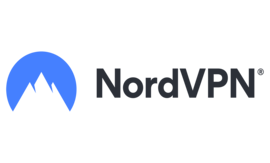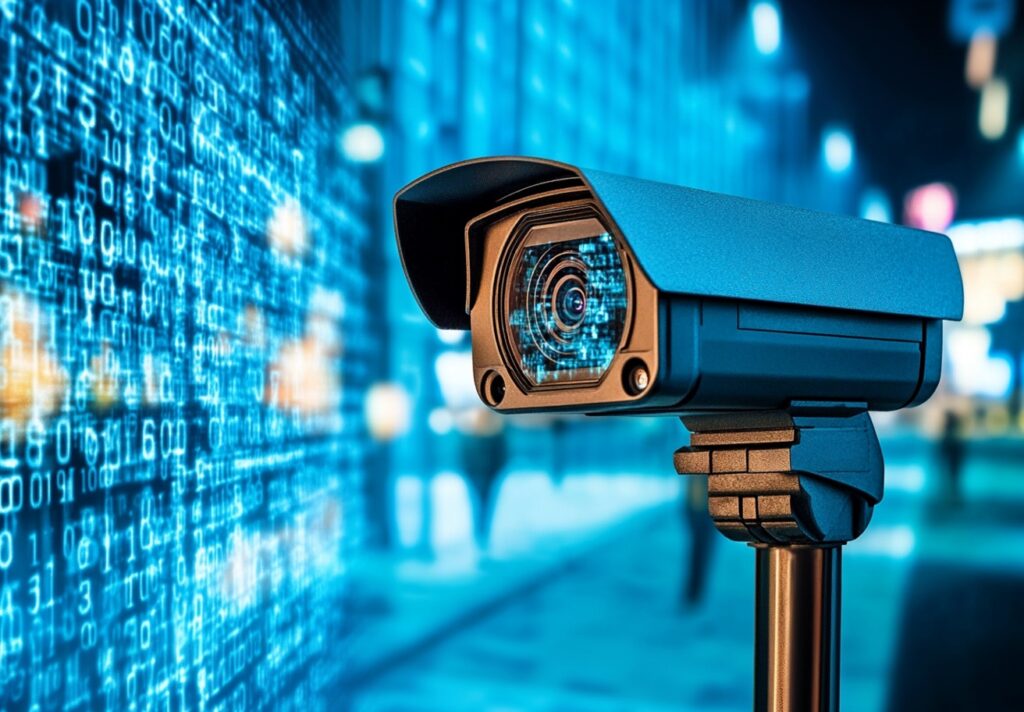Below, You Can See Your External IP Address
Below, you can see the external IP address of the computer you’re using to visit this website. This is the address visible to the outside world, like websites and online services. If you want to know the internal IP address of your computer or understand the difference between internal and external IP addresses, click here.
(Tip: Your external IP is like your “public address” on the internet, while your internal IP is only used inside your home or office network.)
Your IP Info:
Public IPv4 Address: Loading…
Public IPv6 Address: Checking…
Internet Service Provider (ISP): Loading…
Country: Loading…
City: Loading… (may be your provider’s location)
Location (lat, long): Loading…
What is an IP Address?
Think of the internet as a massive worldwide postal system. Every device connected to the internet—like your computer, phone, or even your smart fridge—needs its own unique “home address” so it can send and receive information, just like how your house needs a mailing address for letters and packages.
An IP address is like that home address, but for your device on the internet. Without it, your device wouldn’t know where to send or receive data, just like the postal service wouldn’t know where to deliver your mail.
What is the difference between IPv4 and IPv6?
Imagine you’re running out of phone numbers in a city because more and more people need one. IPv4 is like the old phone system: it provides about 4.3 billion unique numbers, which seemed plenty at first but quickly started running out as the internet grew. IPv6, on the other hand, is like a futuristic phone system with so many numbers that every grain of sand on Earth could have its own—and we’d still have leftovers.
In short, IPv4 is the older system with limited addresses, while IPv6 is the newer version, designed to handle the massive growth of devices and ensure we never run out of internet “addresses.” However, it’s perfectly normal if you still only have an IPv4 address today, as the transition to IPv6 is happening gradually and many networks still rely on IPv4.
What are the privacy risks of an IP address?
Think of your IP address as your online home address. While it doesn’t reveal personal details like your name or exact location, it can still give clues about your general area and internet provider. This means that, in theory, someone could trace your online activities back to you—especially if you visit “certain” websites you’d prefer not to be associated with.
Your internet provider also keeps a record of which IP address belongs to which customer, so they always know which home address matches the online one. This makes your IP address a potential privacy concern if not handled carefully.
When Would You Use a VPN to Cloak Your IP Address?
For most everyday internet users, hiding your IP address isn’t necessary. Checking the news, streaming your favorite shows, or shopping online doesn’t require cloaking your digital “home address.” However, there are specific scenarios where using a VPN—essentially a tool to mask your IP address—might be worth considering.
One example is when you’re accessing “certain” websites or information that you’d prefer to keep private, ensuring your internet activity can’t be traced back to you. Maybe you’re researching sensitive topics, or you simply value an extra layer of privacy. A VPN reroutes your traffic through a different IP address, making it nearly impossible for others to link your online activity to your actual location.
Another common reason is overcoming geo-restrictions. Some websites, services, or apps base their functionality on your geographical location. For instance, streaming platforms might restrict content based on your country, or an app might behave differently—or not at all—outside certain regions. With a VPN, you can make it appear as though you’re browsing from a completely different part of the world, unlocking access to those features.
That said, if you’re not dealing with privacy concerns or geo-restrictions, a VPN isn’t essential for day-to-day use. For most people, knowing your general IP address and how it’s used is enough. But if privacy and unrestricted access are priorities, a VPN can be a valuable tool.
What is a VPN?
A VPN, or Virtual Private Network, is like a secure tunnel for your internet connection. It hides your real IP address by giving you a new one, making it look like you’re browsing from a different location. This can help protect your privacy or make it appear as though you’re in another country.
But a VPN does more than just hide your IP. It also encrypts your internet traffic, turning it into scrambled code that’s almost impossible to intercept. This means anyone trying to spy on your activity—like hackers or snoopy Wi-Fi networks—can’t see what you’re doing online.
Many large companies also use VPNs to allow employees to securely connect to the company’s internal network while working from home or on the go. It ensures sensitive data stays private, even when accessed remotely.
In short, a VPN is a powerful tool for privacy, security, and remote work.
Why Choose NordVPN?
If you’re looking for a reliable, fast, and secure VPN, NordVPN is an excellent choice. With servers in over 60 countries, NordVPN lets you browse privately, access geo-restricted content, and protect your data from hackers. Its easy-to-use apps work on all your devices, and features like Double VPN and Threat Protection add an extra layer of security. Whether you’re streaming, working remotely, or just valuing your online privacy, NordVPN has you covered. It’s one of the most trusted names in the VPN world for a reason!

Click the NordVPN for the best deal. If you purchase through this link, I may earn a small commission at no extra cost to you.
